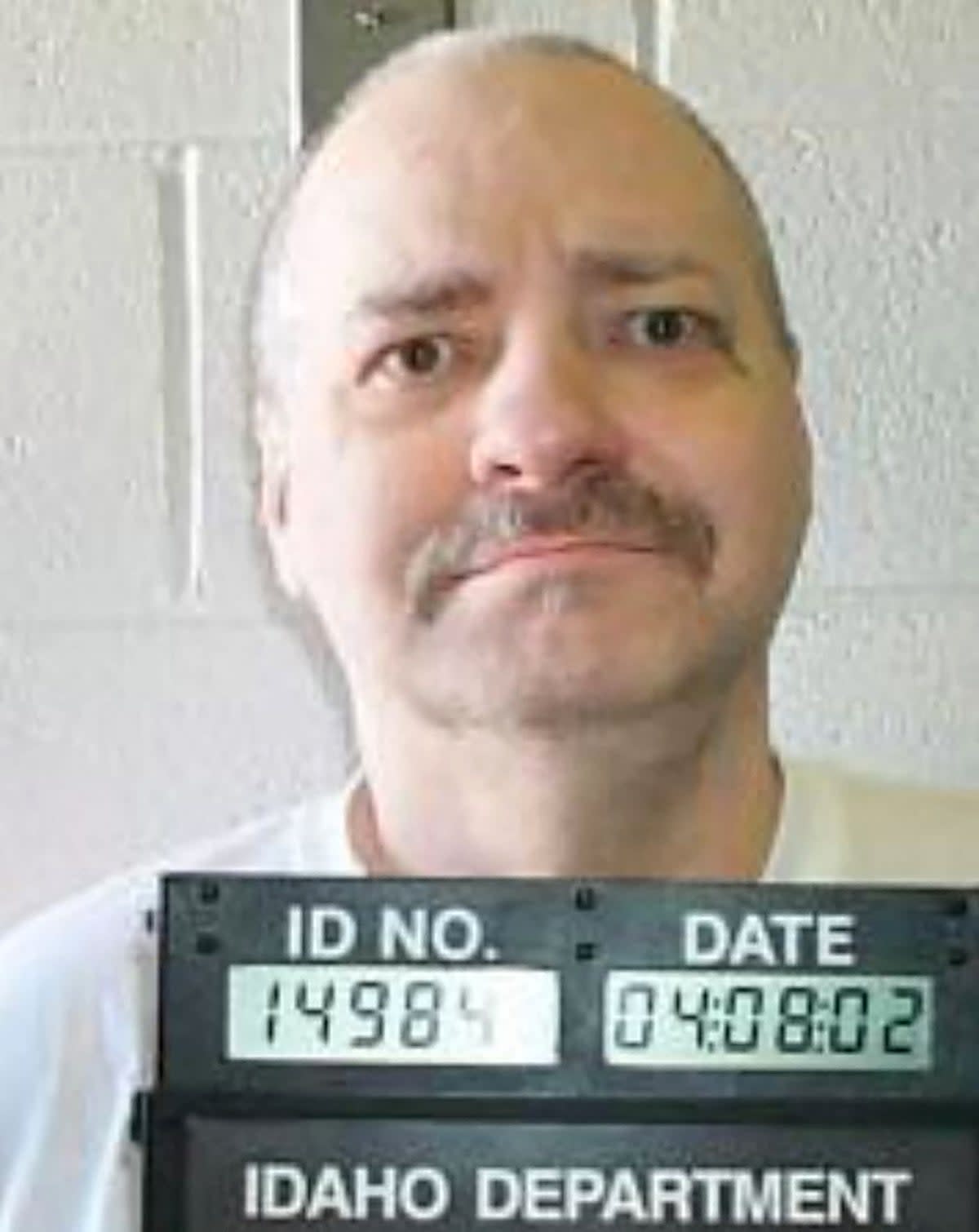Idaho halts Thomas Creech execution after botching lethal injection

The execution of Thomas Creech, one of America’s longest-serving death row inmates, has been halted after prison officials were unable to place intravenous lines into his system.
Creech, 73, was scheduled to be put to death in Idaho on Wednesday at 10am MST after the US Supreme Court denied three stay applications that the prisoner had previously submitted. He’s been imprisoned since 1974. Officials announced that Creech would not be executed about an hour into the scheduled execution.
“At approximately 11am, (Idaho Department of Correction) Director (Josh) Tewalt, after consulting with the medical team leader, determined that the medical team could not establish an IV line, rendering the execution unable to proceed,” the department said in an email, according to the Idaho Statesman.
“Creech will be returned to his cell and witnesses will be escorted out of the facility. As a result, the death warrant will expire. The state will consider next steps”.
The death row inmate was previously found guilty of murdering Edward T Arnold, 34, and John W Bradford, 40, in November 1975 in Valley County. He was also found guilty of killing 23-year-old David D Jensen, a fellow inmate, by beating him to death in May 1981 at a maximum security prison.
The latter crime is what put the inmate on death row.
In total, Creech has been convicted of killing five men, including two others in Oregon and California. However, it’s believed that he might’ve killed as many as 42 people.
Speaking at a news conference following the botched execution, Mr Tewalt said decisions will be made in the upcoming days about whether officials will seek another death warrant for Creech.
The official added that the state would need to examine whether the circumstances would be different if another attempt were to take place.
“This is a heavily regulated process that requires it be treated with a deference to being mindful of not violating the Eighth Amendment or creating any cruel and unusual punishment type claim,” Mr Tewalt said. “Our decision making is based on our ability to carry out an execution with dignity, professionalism and respect”.
He said the state is only equipped to administer the death penalty through lethal injection. State statute does allow officials to use a firing squad but he noted that the department does not have the capacity to implement that method.
It’s not the first time prison officials have botched a lethal injection execution. At least three death row inmates in Alabama recently had their executions halted after those administering the drugs were unable to place intravenous lines into their systems.
One of those prisoners was Kevin Eugene Smith, who became the first death row inmate to be put to death with nitrogen hypoxia in his second execution attempt in January.
Wednesday’s incident was the first time a botched lethal injection attempt happened in Idaho.
When asked about potentially using nitrogen gas at a later date, Mr Tewalt said that the state does not currently allow officials to use the method for executions. For the method to be considered, state lawmakers would need to pass a statute allowing for its implementation.
Creech was transported to the execution chamber on a gurney around 10am. Officials said his last meal was fried chicken, mashed potatoes, gravy and ice cream. Before the execution, he was given a mild sedative and spent the hours leading up to the event with his wife and attorneys.
Volunteer medical professionals tried to place the IV line in his arms, legs, hands and feet with no luck. One medical team member even left the execution chamber to get more supplies. At 10.58am, the warden called the procedure off. Reporter witnesses said that it did not appear as though Mr Creech suffered any pain during the attempted execution.
Attorneys for the inmate had filed several motions to postpone the attempt.
In court documents, Creech’s legal team said his death would be unconstitutional because he was sentenced by a judge and not a jury, and that the state did not provide enough information about how the lethal injection drug was supplied or how it would be administered.

